
Don't blame Windows 8 for terrible PC shipments
It's no secret that the PC market has slowly taken a turn for the worse. And, if we're to believe what research company IDC said in late-May, it's not going to get any better anytime soon, with shipments predicted to drop even further, by 7.8 percent this year. Furthermore, tablets are expected to out-ship PCs by 2015. Unquestionably, the future appears gloomy but, according to Gartner, the culprit is not the controversial Windows 8, as some pundits believe.
Gartner just released its latest report on the state of the PC market, which shows that Q2 2013 shipments -- which top 76 million units from all vendors, combined -- have declined by 10.9 percent compared to the same period, last year (when shipments exceeded the 85.32 million mark). "The sharp decline in the second quarter of 2013 was partly due to the shift in usage patterns away from notebooks to tablets, and partly because the PC market was exposed to inventory reductions in the channel due to the start of the transition to new Haswell-based products", says Gartner principal research analyst Isabelle Durand.
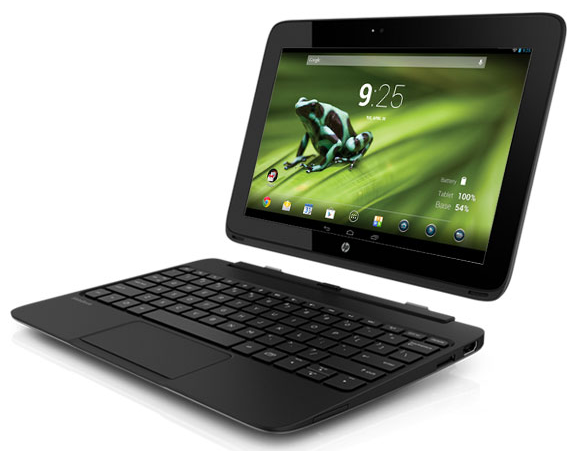
HP unveils the Nvidia Tegra 4 powered SlateBook x2 Android hybrid
Today, alongside the Windows 8-based Split x2 which I detailed earlier, HP also announced the Slatebook x2 hybrid. The US maker touts it as "the first Android detachable device with the Nvidia Tegra 4 mobile processor". The SlateBook x2 shares some hardware and design traits with the ASUS Transformer tablet lineup.
The SlateBook x2 ships with the latest version of the green droid operating system available today, Android 4.2.2 Jelly Bean, and sports a 10.1-inch touchscreen display with a resolution of 1920 by 1200. The device comes with 64 GB of internal storage. But the biggest highlight is the keyboard dock.
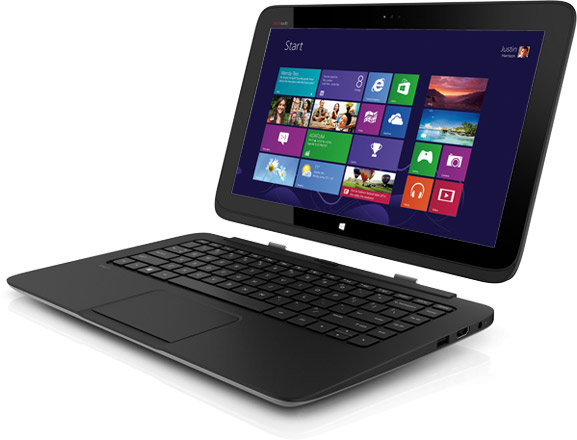
HP announces the Split x2 Windows 8 hybrid
On Wednesday, US manufacturer HP unveiled a new Windows 8-based hybrid dubbed the Split x2. The company touts the device as being able to deliver the best of both worlds -- works as a tablet and doubles as an ultraportable with the keyboard dock.
The Split x2 packs a 13.3-inch HD display and is powered by a third generation Intel Core processor (known under the "Ivy Bridge" codename). The device comes with 128 GB of internal storage. Users can also choose to add a 500 GB HDD inside the keyboard dock, which brings the tally up to 628 GB.
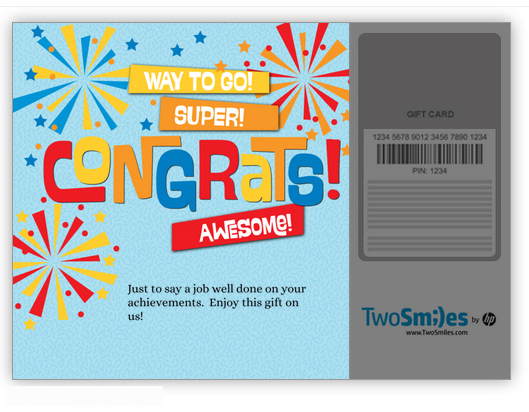
HP jumps into the greeting and gift card business
The analysts are telling us that PC sales are down. They would have us believe that soon we will all be exclusively using tablets and smartphones -- that is wrong of course, but the computer market slump cannot be argued. With that fact in mind, manufacturers like Dell, Asus and Lenovo must look for new revenue streams.
It seems HP is actively pursuing this, and today announces a move into the greeting and gift card market. TwoSmiles is a new site that lets customers create a personalized gift at home for their family and friends for any holiday or celebration. The site allows users to choose from artist-created greeting card designs, pick a retailer and gift card amount, and personalize the greeting.

HP makes a Moonshot
Before you think that Hewlett Packard is joining the Jeff Bezos-Elon Musk space race, I should clarify that the new HP Moonshot is actually a server that the company unveiled today. HP hopes that this new architecture will be a revelation to the current server market with a number of new features.
First, HP promises, not the moon, but that Moonshot will use 89 percent less energy, 80 percent less space and cost 77 percent less, compared to traditional servers.
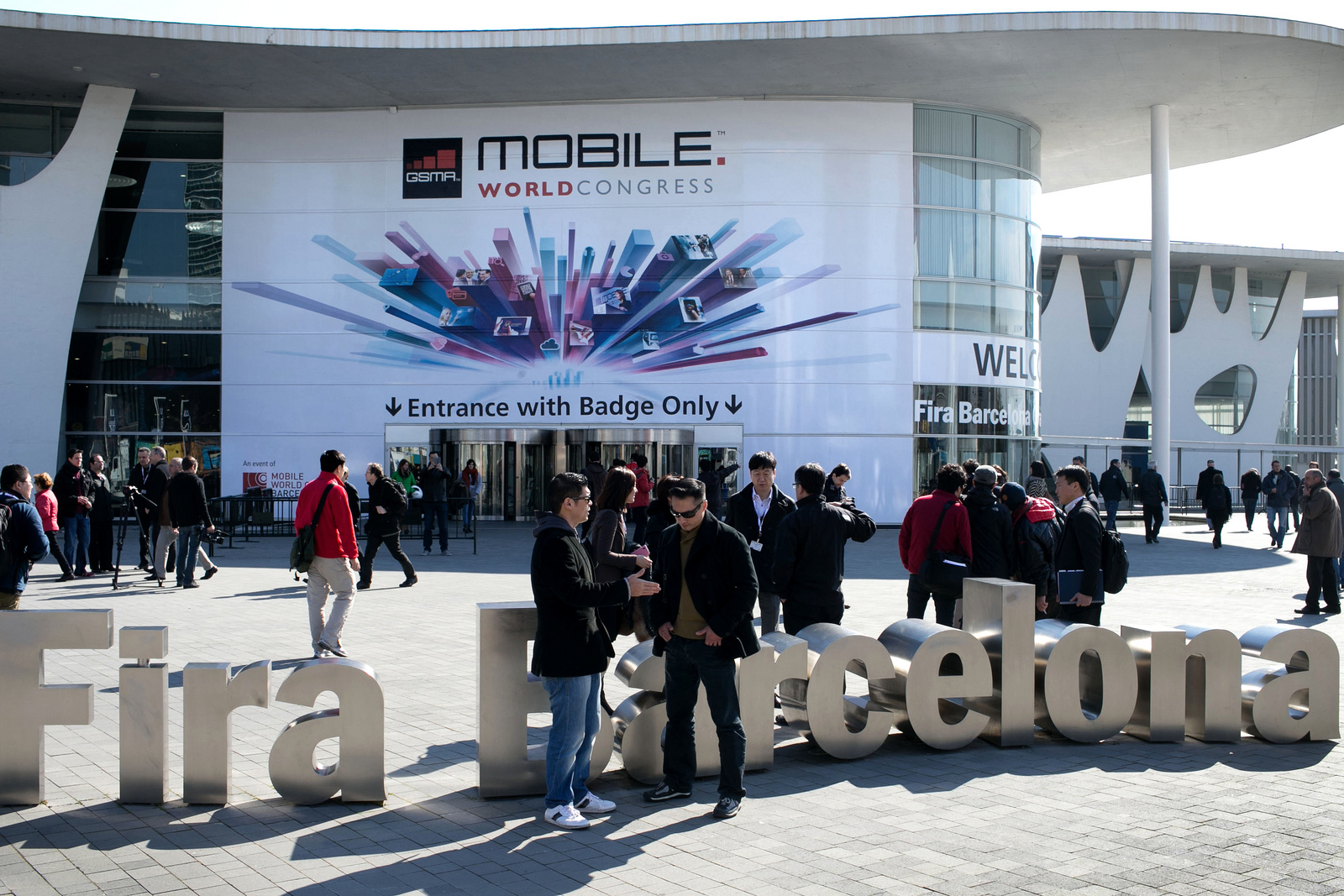
Could Mobile World Congress 2013 be any more boring?
I'm not loving this year's big phone trade show. The news coming out of Barcelona is about as doldrums as the Spanish economy. Generally, the big stuff drops Day 0 and Day 1 at Mobile World Congress. They're done, and so far the product announcements are generally less than last year. The phone launch seemingly everyone waits for, Samsung Galaxy IV, comes in March. That's big commentary on what's missing from MWC 2013.
So far, I would call most new gear as the race to the bottom -- same concepts as the last couple of years, only offering less, selling for less and marketed to less-developed smartphone or tablet markets.
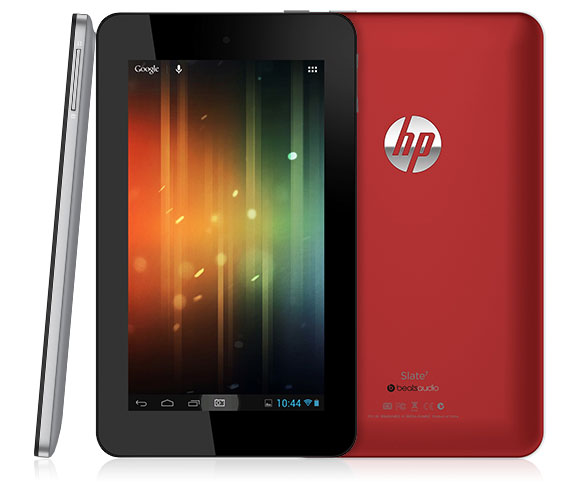
HP's budget Android takes on Amazon and Google tablets
The death knell for WebOS has sounded. HP promised a lot when purchasing the Palm mobile operating system back in 2010, only to abandon ship. The company is among Google's newest and most-important partners. Earlier this month, HP unveiled its first Chromebook, which is followed by its first Android tablet, the Slate 7.
Despite the fact that Mobile World Congress does not technically start until tomorrow, the big announcements have already been rolling out from Barcelona, Spain. HP, not to be left out, unveiled its new seven-inch Android tablet, clearly designed to go head-to-head with Amazon Kindle Fire HD and Google Nexus 7.
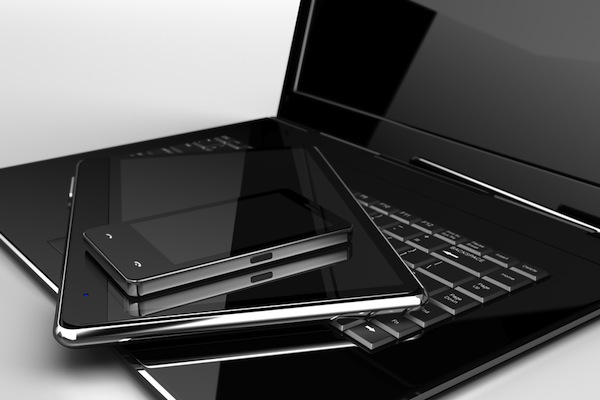
Apple nearly catches up to Samsung in smart-connected device shipments
Analysts wouldn't generate new business without something fresh to sell. So they create new categories to tabulate, or dream up strange labels to describe them. Few quarters back, IDC rolled up PCs, smartphones and tablets into the "smart-connected devices" segment. Four things counted separately became something new, which also give schmoes like me something else to write about.
Yesterday, while my heart nearly failed writing about Chromebook Pixel, IDC released numbers for the segment, claiming 28.3 percent growth for fourth quarter and 29.1 percent for all 2012. Samsung nudged ahead of Apple to top the category for the quarter, with slightly wider lead for the year. Considering that smartphones make up 60.1 percent of the segment, the top-five ranking makes sense: Lenovo, HP and Dell follow the leaders. The two bottom-feeders mostly sell PCs, which lost share year over year.

Chubby Checker sues HP over penis size app
A few weeks ago I wrote about Apple allowing a member-measuring app into the App Store (which BetaNews readers seemed to love) and now news reaches us that veteran singer Chubby Checker has got his knickers in a "twist" and is suing Hewlett-Packard over a penis size estimator that bears his name.
The "Chubby Checker" app for HP’s Palm OS platform was pulled from all Palm and HP listings in September last year and the developer, Magic Apps, is no more, but that hasn’t stopped the singer’s lawyers going to war over the (frankly genius) use of the name and demanding a stiff half a billion dollars for "irreparable damage and harm" to Checker.
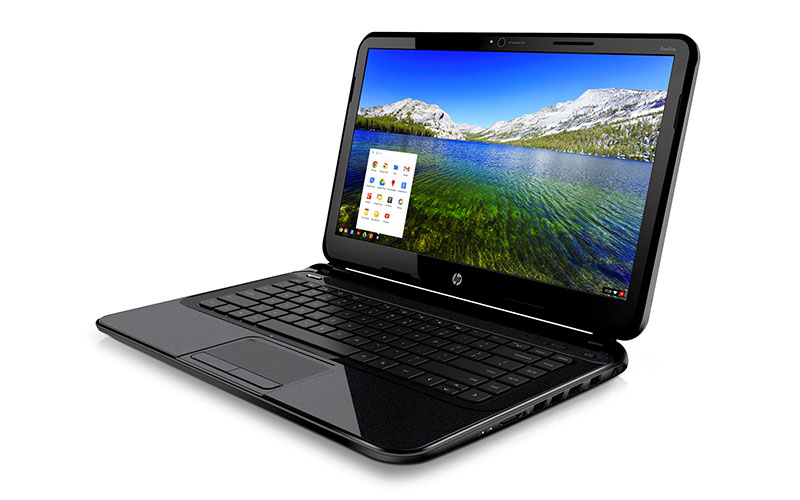
HP releases the chunkiest Chromebook
Is it my imagination, or does each new Chromebook get bulkier than the last? Today HP joined the Google operating system family, introducing the heaviest model (1.8 kg/3.96 pounds) with largest display (14 inches). Lenovo's ThinkPad Chromebook, announced in mid-January, is a tad lighter but the Acer C7, with smaller screen, is thicker. Perhaps the problem is this: PC manufacturers adapt low-cal Windows notebooks to Chrome OS; new Acer, HP and Lenovo models are more licensing plays than any attempt to innovate.
For PC manufacturers looking to offer something other than Windows, pay nothing for an operating system or capitalize on Google's bulging brand name, Chrome OS is enticing option. The lack of real investment, which demonstrates no sincere commitment, is wrong way to win or satisfy customers. Samsung proves the better Chromebook partner, by at least making some effort around system design, including adapting ARM processors.

HP adds 8,000 Walgreens locations to its mobile print service
With the growth of the mobile market in the form of smartphones and tablets, the ability to print from anywhere has become increasingly important. In this new generation of computing a whole new genre of software has been born, giving users the ability to print while on the go. My favorite has been Breezy, but HP is making big strides in the market as well with its ePrint service, which allows users to send any document or photo to a printer in the home or to other locations where they can stop and grab the printout while on the road.
Today the company announced the addition of 8,000 Walgreens locations to its service, bringing the total number of places available to more than 30,000.
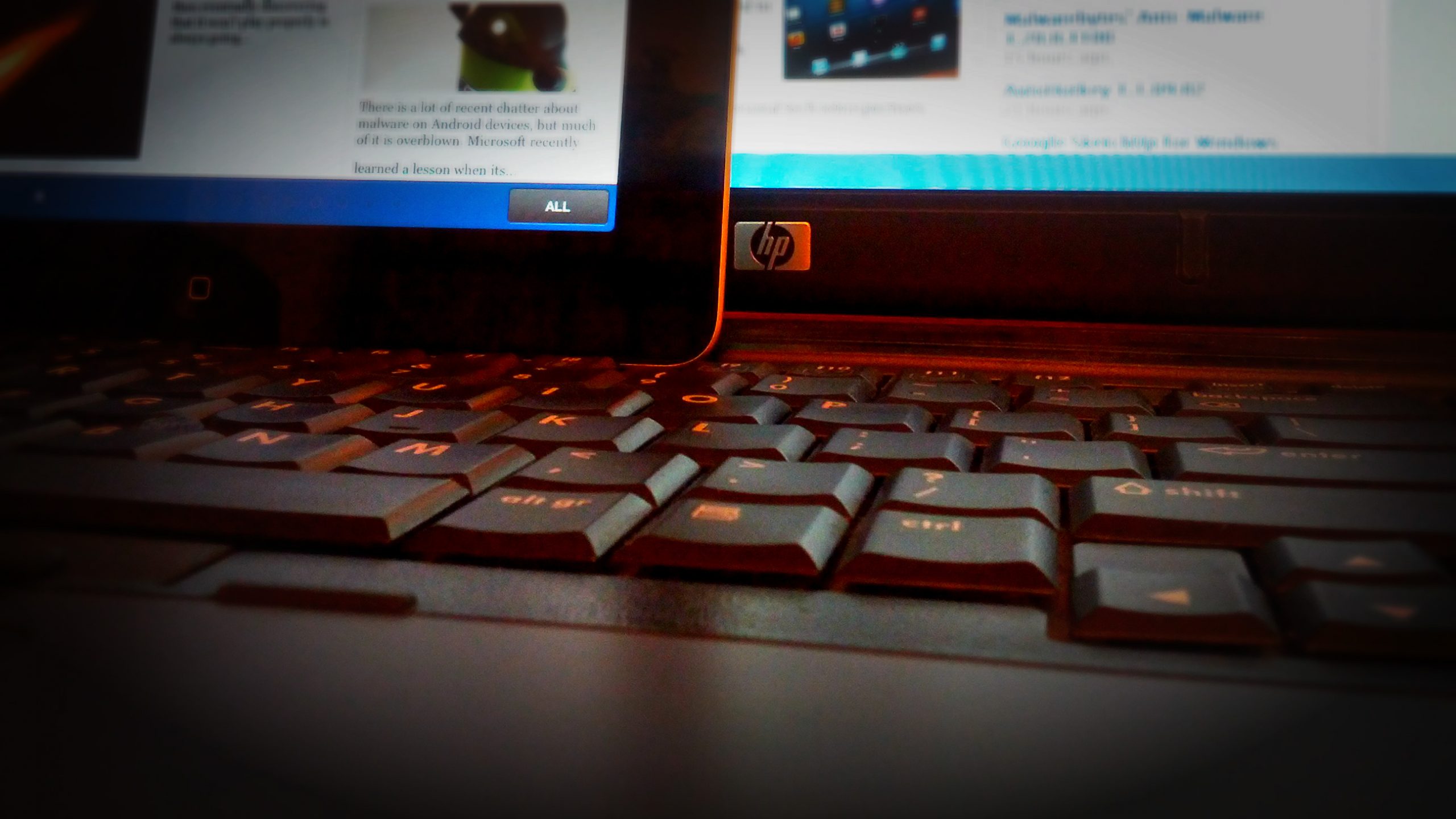
[Mihaita] The tech I used most in 2012
If there's one word that best describes my personal tech use for 2012, change is definitely it. For the most part of the year I "cheated" one platform with another, with no particular personal favorite to get me through (almost) 365 days. Each piece of software and hardware is used for a particular scenario, something that I find rather soothing for my personal early adopter endeavors as well as my sanity. I just can't stand tinkering with the same bit of tech for longer periods of time, although there still is a dear old friend in my life...
My colleagues Alan Buckingham and Wayne Williams already wrote about their personal tech choices in 2012, and now it's my turn. Without further ado here is what I used most throughout the year, starting with my trusty dear old friend.
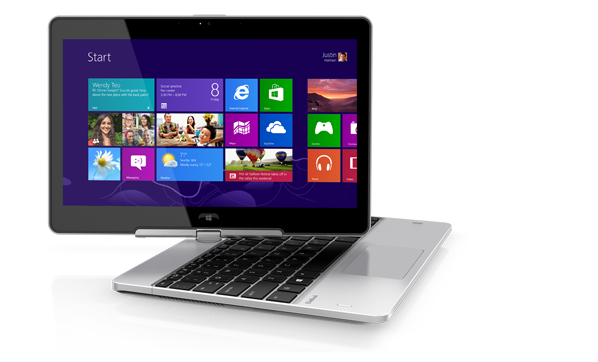
HP introduces EliteBook Revolve, a hybrid for business users
HP revealed the pricing for its initial Windows 8 line-up in late October, and today the company introduces another model designed to run Microsoft's latest consumer operating system. The EliteBook Revolve is described as a convertible tablet/touch-enabled notebook, aimed at business and government use, and with support for legacy applications.
The company is evasive when it comes to detailed specifications, though, giving very little away. Not overly surprising considering the same thing happened with the ElitePad 900. However, HP does say that the EliteBook Revolve comes with an 11.6-inch HD display protected by Corning Gorilla Glass 2 (with the resolution likely to be in the 1366 x 768 territory). Processing power comes from third generation Intel Core processors, suggesting Core i3 to Core i7 CPUs. Solid state drive options, coupled with Intel Rapid Start Technology, are available in a choice of sizes up to 256GB. There’s also a 720p HD camera onboard; WWAN (Wireless Wide Area Network); USB 3.0; DisplayPort and NFC (Near Field Communication).
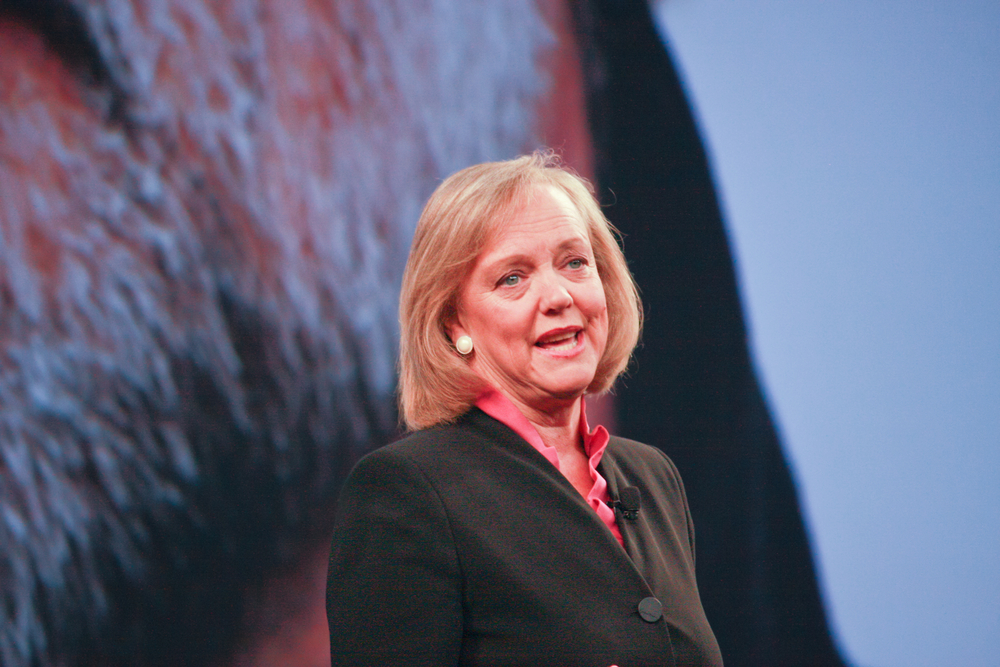
Shame on you, Meg Whitman
Corporations, especially big American ones, file lawsuits all the time for many reasons. Often they sue to force others to comply with agreements or to punish non-compliance with the law. But sometimes they sue, well, just because they can. I suspect that is what’s happening in Hewlett Packard’s current fight over Autonomy, the UK software company HP bought two years ago for $11.1 billion. The HP board seems determined to demonize Autonomy founder Mike Lynch for being smarter than they are.
Given the smarts that HP board has shown in recent years, we may all be at risk of being sued by the company.

HP CEO Meg Whitman explains alleged Autonomy accounting fraud
Hewlett-Packard's $8.8 billion fiscal fourth-quarter write-down, and reasons for it, shine a stunning spotlight on Meg Whitman and predecessor Léo Apotheker's lingering legacy. HP ousted Apotheker in September 2011, less than a month after he brokered the Autonomy acquisition. Today, during the company's fiscal fourth-quarter earnings conference call, chief executive Whitman had to answer for mistakes she inherited.
While expressing "we remain 100-percent committed to Autonomy and its industry-leading technology", she also acknowledges alleged fraudulent accounting that only recently came to HP's attention. Regarding the $8.8 billion, "the majority of this impairment charge is linked to serious accounting improprieties, disclosure failures and outright misrepresentations that occurred prior to HP's acquisition of Autonomy and the associated impact on the expected financial performance of the business over the long term. The balance of the impairment charge is linked to the recent trading value of HP stock".
